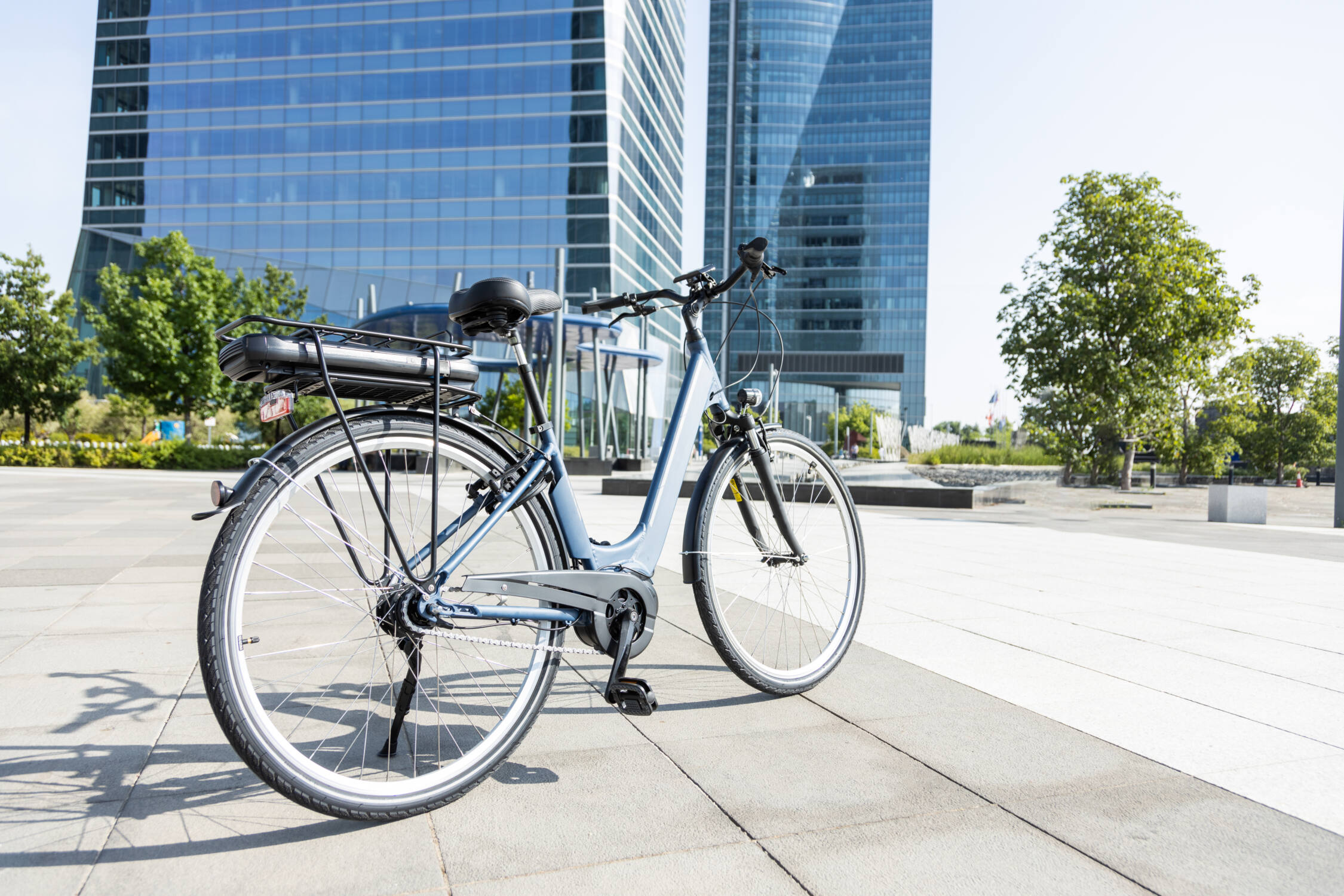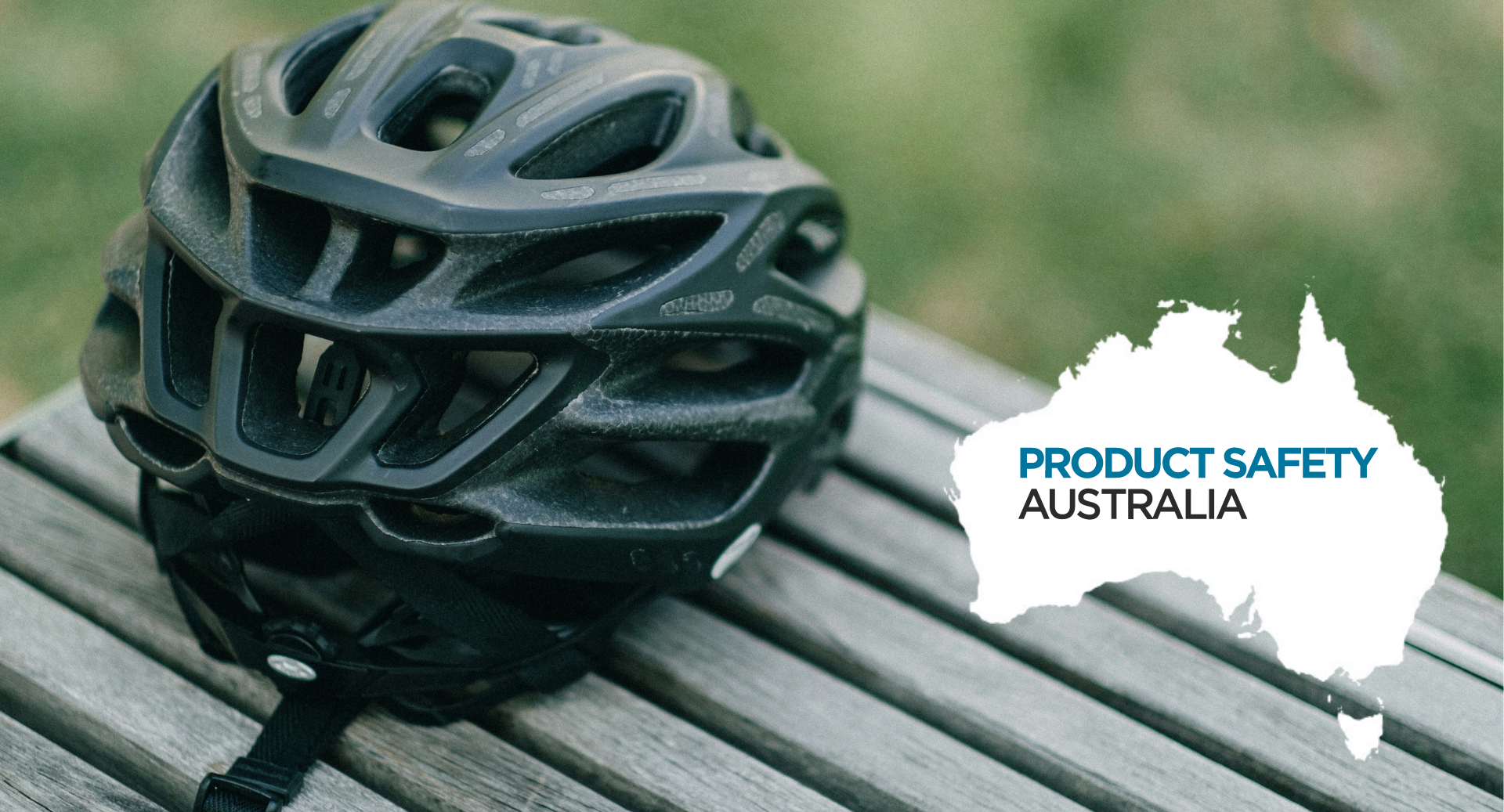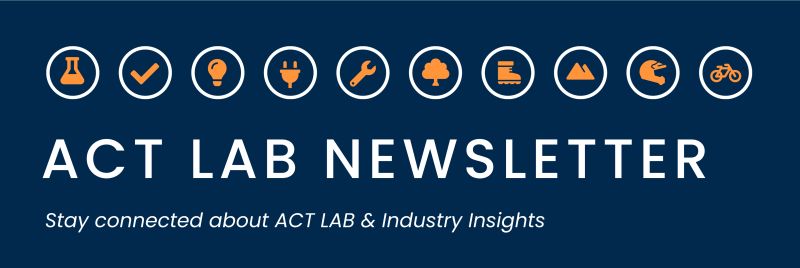
Consumer interest in BPA-free products has been on the rise for the past several years. If you produce many of the products that potentially contain BPA, it’s worth looking into the benefits of testing your products to certify them as BPA-free.
BPA can transfer from containers it lines to the food or beverages it touches. While certain authorities like the FDA have said that the substance doesn’t appear to pose any major safety concerns many consumers still prefer to opt for BPA-free products for their children and for themselves. Furthermore, authorities like the EU have banned the use of BPA in products like infant feeding bottles and has migration limits in food contact products.
For more information about our BPA testing procedures, contact us today.
What is BPA?
Bisphenol-A or BPA is a chemical compound often found in plastic packaging and coatings. Some of the concerns surrounding BPA include endocrine or reproductive abnormalities(especially in fetuses or young children), problems with blood pressure, heart disease, and other health problems. While more research is being done about the long-term effects of BPA, certain regulatory entities have already created restrictions around the substance and many consumers are opting for products without BPA.
What types of products contain BPA?:
- Re-usable water bottles
- Baby bottles
- Baby pacifiers
- Canned foods
- Clear food or beverage containers
EU BPA Testing Requirements
The EU has specific requirements when it comes to the presence of BPA in certain products. Therefore, if you intend to market and sell your product in the EU it is important to educate yourself on these guidelines and follow the required testing procedures.
Certain countries, such as France, also have their own regulations when it comes to how much BPA can be present in certain products.
BPA is currently regulated and restricted under the following directives:
Under (EU) 321 BPA cannot be present in polycarbonate infant feeding bottles.
Under (EU) 10 BPA migration is restricted to migration of (SML) of 0.6mg/kg in plastic food contact materials.
Contact our lab to learn more about how you can meet global testing regulations.
Labeling Your Products BPA-Free
If you want to benefit from having your products be labeled as “BPA-free”, a third-party lab like ACT LAB can help. Our rigorous testing procedures can ensure that your products are free of BPA and meet any local or international standards.
We also offer other chemical testing procedures for heavy metals like lead, cadmium, and mercury.
About ACT-LAB
ACT-LAB is an ISO/IEC 17025 accredited laboratory that conducts consumer product safety and compliance testing for an active world. We can help ensure that your products both meet industry standards and are inspected to ensure the utmost quality.
To learn more about our tests contact us today.
Read more about our accreditations here.

 ISO/IEC 17025 Accredited Independent Testing Laboratory
ISO/IEC 17025 Accredited Independent Testing Laboratory








